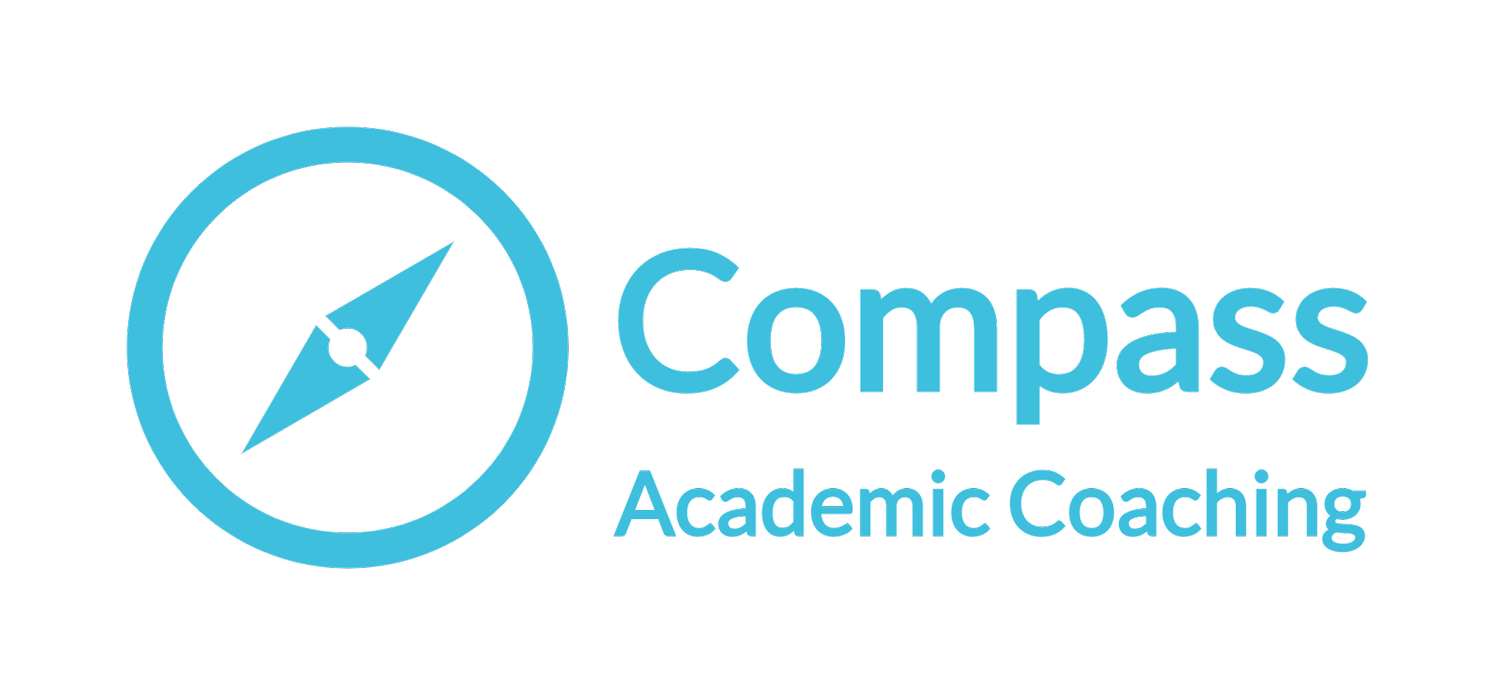Guided exploration for living your best neurodivergent, academic life
A team of Australian researchers recently conducted a lit review on the experiences of neurodivergent research students. Their manuscript is under review, but you can read the preprint here. The existing literature details a host of institutional barriers that make an already challenging endeavor even more challenging for neurodivergent students.
Neurodiversity is a term that reflects the existing variety in how human brains work. Neurodivergent and neurodivergence convey the idea that some human brains are perceived to diverge from expected patterns. A contrasting term is neurotypical, which describes a brain that is perceived to follow expected patterns.
While these terms deliberately move away from a medical model, people who identify as neurodivergent often have received diagnoses of neurodevelopmental disorders, such as ADHD or autism, or learning disabilities like dyslexia or dyscalculia.
Neurodivergent scholars face big ups and downs
As the authors acknowledge, neurodivergent characteristics can both help and hinder academic life. For example, the ability to see connections that most people miss benefits a researcher who is trying to synthesize information in a new way. Alternatively, missing or misinterpreting social cues might damage relationships with advisors or collaborators. The literature review highlights eight key themes of neurodivergent research students’ experiences: (1) academic cultures, structures, and expectations; (2) sensory and environmental challenges; (3) executive functioning; (4) insufficient supports and accommodations; (5) relationships with others; (6) ableism and disclosure; (7) mental health; and (8) embracing neurodivergence. In my experience coaching neurodiverse students and scholars, I’ve seen these themes play out for my neurodivergent coachees.
Coaching can help
Coaching can be a key support for neurodivergent students and scholars. Neurodivergent coachees are the experts on their own needs and unique ways of operating; a good coach can help them discover what strategies best help them reach their goals. Working from this stance, some coaches use an approach called clean language interviewing to help coachees develop their metacognition. It is a way to ask questions and invite exploration without making assumptions, thus avoiding forcing the coachee into what might be neurotypical perspectives.
Some questions to prompt your own exploration
Let’s say you are struggling to get yourself to draft a section for your book or dissertation. Knowing that you have had past successful experiences of drafting, you can explore what works for you by responding to a series of questions like this (thanks to Nancy Doyle and Almuth McDowall for modeling these questions in their book, Neurodiversity Coaching):
When I am drafting at my best, it’s like what?
When I am drafting at my best, what kind of drafting is that drafting?
When I am drafting at my best, does drafting have a shape or size?
And where does drafting come from?
What happens just before I am drafting?
When I am drafting at my best, I’m like what?
When I am drafting at my best, is there anything about the ‘I’ that is drafting?
And when I’m drafting at my best, what happens next?
And then what happens?
And knowing all that, what would I like to have happen now?
You could respond to these question prompts by writing, speaking, drawing, sculpting, dancing, collaging, or in any other medium that works for you. This openness to ways of responding is another element of the clean language approach that suits many neurodivergent coachees.
Recovering, learning, and embracing neurodivergence
Finally, while researching for this post, I listened to a podcast featuring Landmark College, an undergraduate institution for students who learn differently, including students with a learning disability (such as dyslexia), ADHD, autism, or executive function challenges. Recognizing that their student population has often had difficult—even traumatic—experiences with schooling, Landmark’s staff makes an intentional effort to help students discover their strengths and love learning again. Toward this goal, all incoming students start with a class about learning.
For most of my life I’ve been trying to figure out what’s wrong with me. If I’m so smart (placed in the gifted and talented program in middle school, National Merit scholar with a 4.0 GPA, outstanding master’s thesis award), why haven’t I been more successful? Why does it take me so long to do things? Why does life feel so hard? Over the years I have been slowly putting together more pieces of the puzzle that shape my experience of the world. About seven years ago I was diagnosed with generalized anxiety disorder, and last December I learned that I have ADHD. I’ve learned that stuff that feels hard for me actually is hard for me. Also, I developed a lot of exhausting coping mechanisms to try to keep up with my towering expectations for myself. With a better understanding, I’m now exploring new resources and figuring out how to give myself some more compassion.
Landmark’s emphasis on love of learning resonated with me because, despite the downsides of having my particular brain, I love that my brain loves to learn. I love how it notices and connects and delights. I love that it makes me a good partner in my coachee’s academic journeys.
What about your unique brain do you appreciate today?

